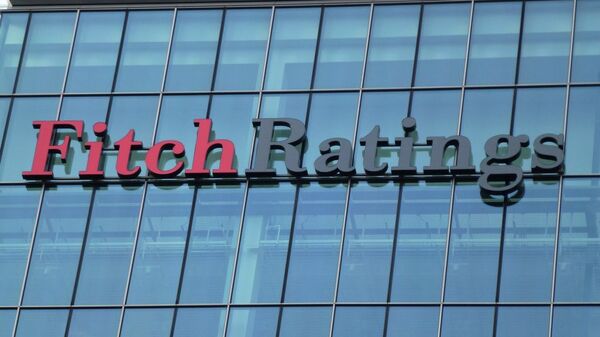Russian companies' endurance of the crisis could be explained by a retained progressive tax regime in prospecting and extracting oil and gas, the relative flexibility of the ruble exchange rate and the regulation of gas prices inside the country, Fitch said.
Fitch argued that the tightening of US and EU economic sanctions, imposed over Moscow's alleged role in the Ukrainian crisis, is a much more important factor for influencing Russian company ratings. The sanctions have made it illegal for US and EU firms to provide key Russian oil companies with technology for deepwater, Arctic and shale oil drilling, and also complicated access to Western financial support.
On January 9, Fitch downgraded Russia’s sovereign debt rating to a BBB-, citing falling oil prices and ruble depreciation. According to Fitch, downgrading the country's credit rating could influence that of Russian oil and gas companies.
Earlier on Monday, China's Dagong Global rating agency gave Russian energy giant Gazprom an "AAA" long-term credit rating for both local and foreign currencies, with a stable outlook. In January, Moody's, one of the world's top three rating agencies, lowered Gazprom's foreign-currency rating from Baa2 to Baa3.
Russia, a country heavily reliant on revenue from oil exports, is currently experiencing significant economic problems due to a sharp decline in global oil prices, which dropped by more than a half since June 2014.



